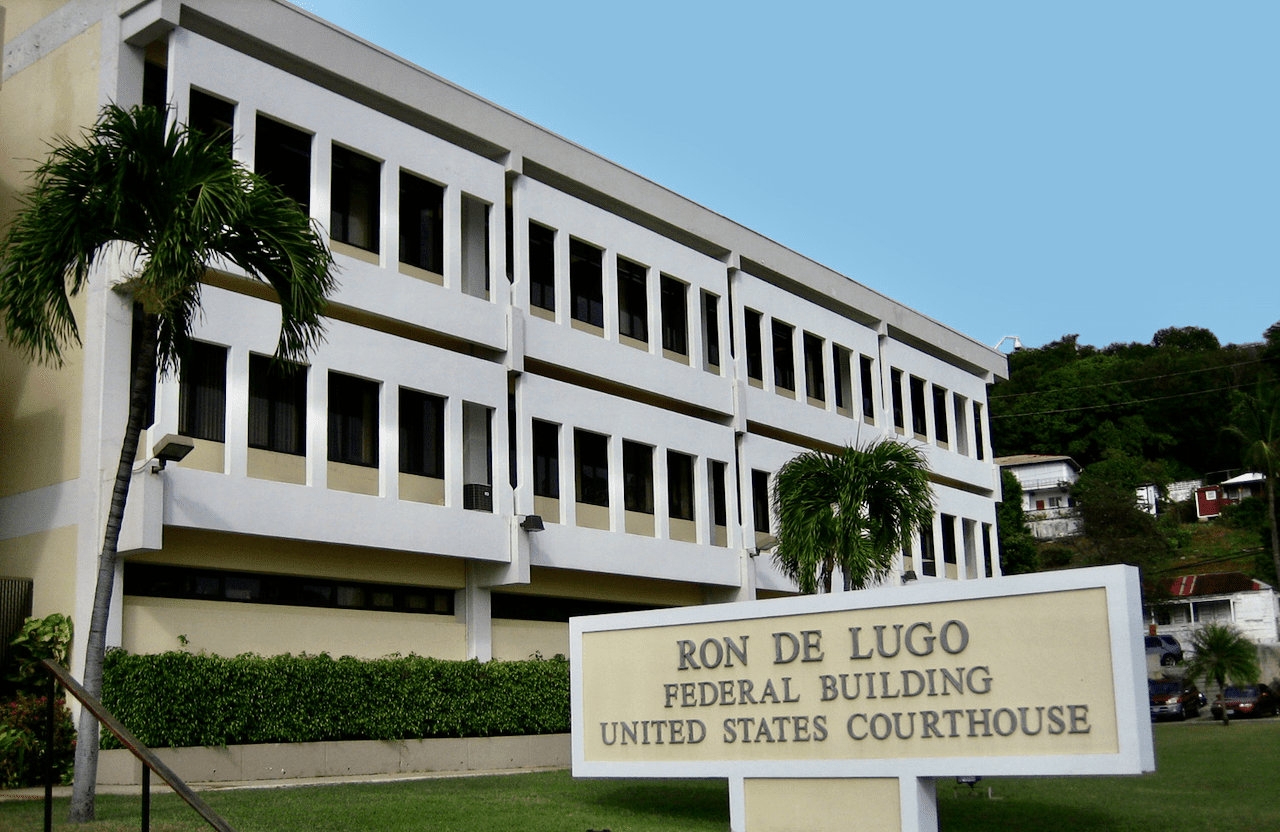
The proposed redevelopers of St. John’s oldest resort appear to be working towards an agreement over the future of Caneel Bay. Up until September 2017, Caneel was among the Virgin Islands’ oldest continually operating resorts.
EHI Acquisitions, LLC, filed a civil lawsuit against the federal government in 2022. The suit, filed June 30, 2022, in the U.S. District Court, asks for the 150-acre resort property to be awarded to them as the owners. The principals at EHI are also asking the court for reimbursement of legal fees and associated costs paid out to adjudicate the civil action.
Attorneys for the group say they went to court after Caneel suffered heavy damages from the passage of hurricanes Irma and Maria in 2017. At that time, the group said they invoked an indenture provision first granted to former owners Jackson Hole Preserve in 1983. Under the agreement, the resort was classified as a Retained Use Estate, allowing the preserve the “exclusive rights to use and occupy” the property.
The terms of the 1983 agreement are set to expire on Sept. 30. EHI representatives say the extent of storm damage from 2017 and the cost of restoration made the effort untenable. After making that assessment, the acquisition firm offered to sell its rights to the federal government for $70 million.
The offer was declined; EHI and its principals decided to sue. Shortly after First Assistant U.S. Attorney Joycelyn Hewlett entered her appearance on behalf of the government in September 2022, attempts to dismiss the case began.
By March, the motion included an assertion saying the EHI executive failed “to state a claim for which relief can be granted.” Unless they presented a claim based on material facts, the government should be awarded a judgment by the court.
On March 3, Hewlett and U.S. Attorney Delia Smith pressed their argument to dismiss, saying EHI failed to present the facts showing how it acquired the title to Caneel Bay Resort. But attorney Chad Messier filed a response on June 16, laying out his client’s claim to ownership. The purchase offer made after 2017 was legitimate, Messier said. After the government turned down the deal, EHI delivered a notice saying they would terminate the Retained Use Estate agreement.
And now, by filing its lawsuit, EHI was exercising its option to claim the 150-acre property, its infrastructure and improvements as its own.
“For the foregoing reasons, EHI respectfully requests that the Court grant EHI’s motion for summary judgment or, in the alternative, for partial summary judgment on the issues identified in the Statement of Issues,” Messier said.
It is unclear how the court will respond. Chief District Judge Robert Molloy is scheduled to convene a trial on Oct. 16.
Caneel Bay Resort first opened in 1956, the same year the Virgin Islands National Park was established on St. John. Most of the 5,000-acre park property was purchased and donated by financier Laurance Rockefeller. In the complaint filed in District Court, EHI lawyers say Rockefeller retained acreage to build the north shore resort.
The land under the resort belongs to the National Park Service, they said, but some of the infrastructure and property improvements belong to the resort. Park officials in years past have described Caneel Bay as a concession operating on park property.
Editor’s Note: This story has been corrected to say that EHI offered to sell its Caneel Bay rights to the federal government for $70 million, not $40 million.


